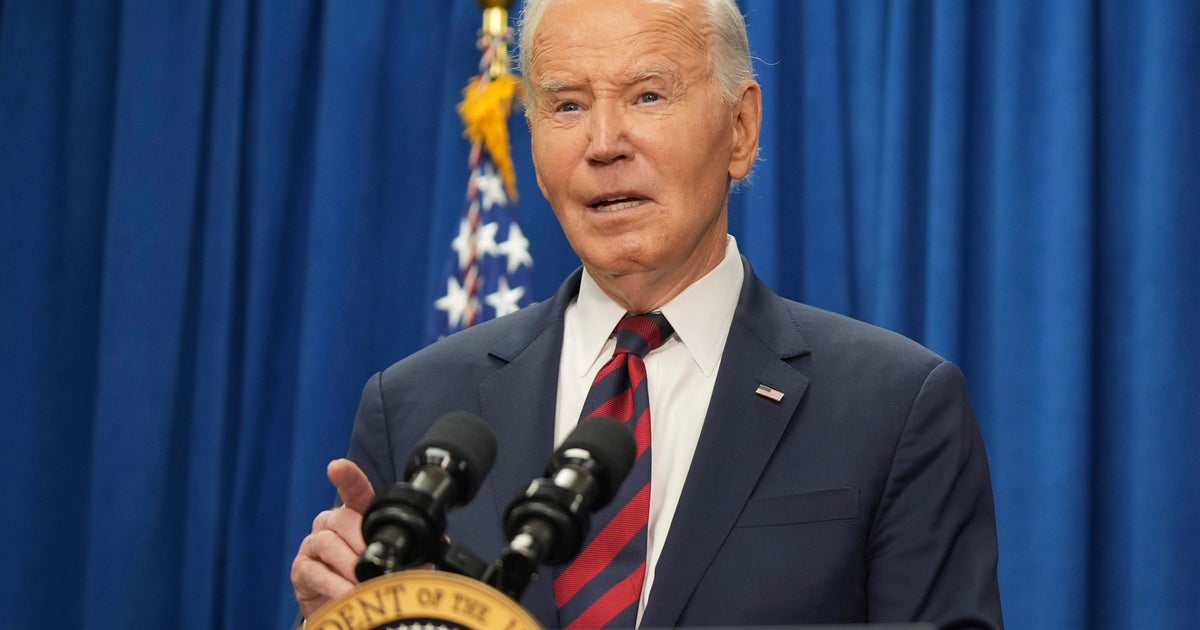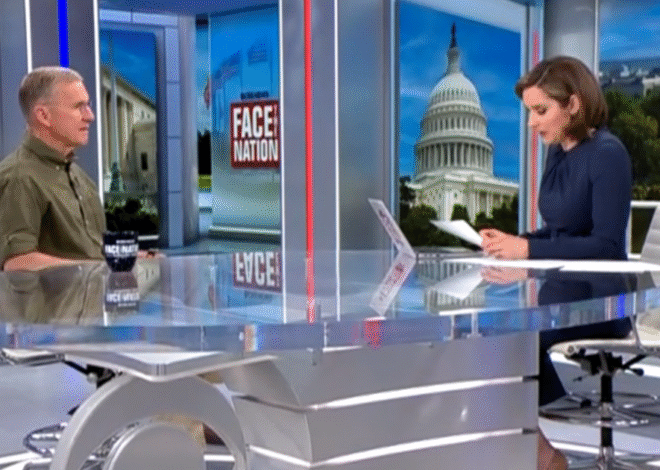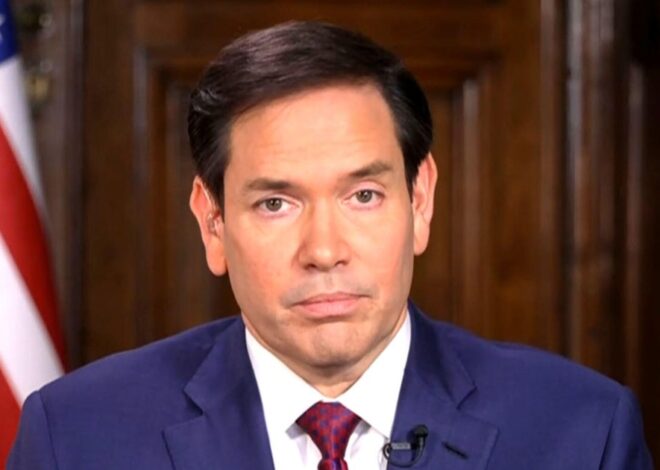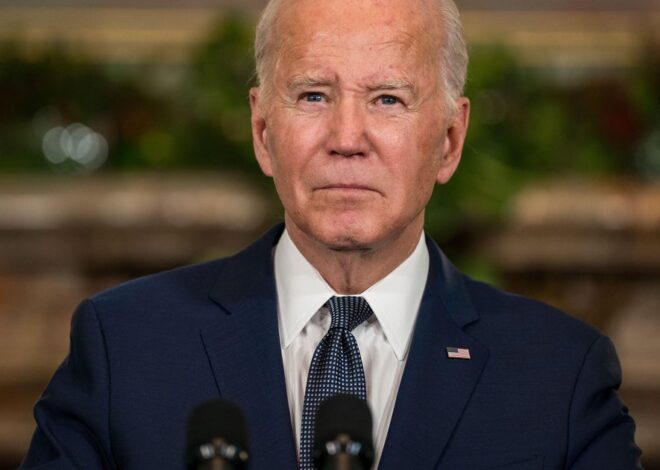
Recordings surface of Biden Justice Department interview, revealing his memory lapses
A Glimpse into Biden’s Interview
It was during a four-minute clip that the focus sharpened on President Biden. His response, peppered with pauses and a hoarse voice, was under scrutiny. He was asked by Hur’s team about his handling of classified records after his vice presidency, and you could sense the weight of the moment. It seemed like every word was carefully chosen, yet delivered with noticeable hesitance. The timing coincided with a poignant period in his life – around the time of his son Beau’s death.
A written transcript of this five-hour interview had been released earlier. Yet, portions of the audio released later added layers to what was already known. It painted a picture not just of what was said but how it was said – with halts and perhaps some forgotten pieces along the way.
The special counsel’s findings, released in February 2024, didn’t shy away from describing Biden’s demeanor. Hur wrote that he came across as a “sympathetic, well-meaning, elderly man with a poor memory.” It was an observation likely meant to resonate with jurors, suggesting difficulty in convicting someone who may not have fully grasped the implications of his actions. And yet, there it was in black and white: Biden had “willfully” kept those documents.
His memory lapses were noted too, like when he struggled to recall dates related to his son’s passing. The line between public duty and personal grief blurred for Biden. At one point, he even questioned the relevance of such personal matters being brought up in legal discussions.
Interestingly, while Hur advised against charging him criminally, the political landscape bristled with reactions. Concerns swirled around then-80-year-old Biden’s age and ability to run for another term. Democratic allies publicly supported him, expressing discontent with Hur’s assessment. Meanwhile, Republicans viewed the report as evidence of Biden’s alleged cognitive decline and clamored for transparency through audio releases.
Fast forward a few months to June. The debate stage became an unexpected turning point. Against Mr. Trump, Biden appeared frail at times – words slipping through his fingers as he grasped for clarity mid-sentence. That moment seemed to crystallize concerns about his readiness for another term. Under mounting pressure from within his party, he chose to step back from the presidential race.
Through all this political theater and personal revelation, one thing is clear: moments like these linger in public consciousness longer than speeches or debates alone might suggest. It’s not just about politics – it’s about people watching those they’ve invested trust in navigating human challenges on very public stages.
If you’re interested in learning more about President Biden’s past public service efforts and related issues, NPR offers extensive coverage.



